Cloves originate exclusively from the Maluku Islands (also known as the Spice Islands) in present-day Indonesia. For over 1,500 years, these small Indonesian islands were the world's only source of cloves, making them one of history's most valuable and fiercely contested commodities. This geographic monopoly created artificial scarcity that European powers exploited through trade wars and colonization.
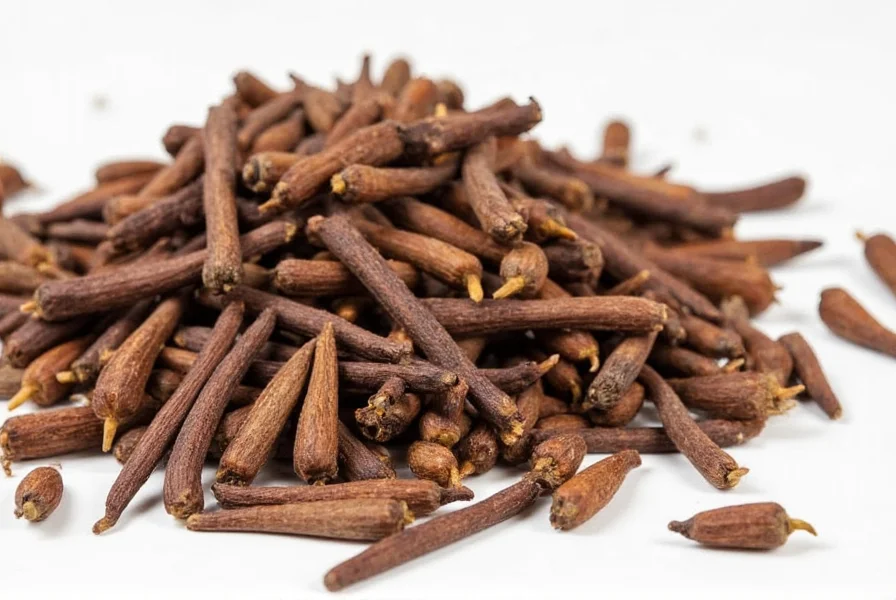
| Country | Annual Clove Production (Metric Tons) | Main Use |
|---|---|---|
| Tanzania | 90,000 | Export & Cigarette Industry |
| Indonesia | 65,000 | Traditional Medicine & Cooking |
| Madagascar | 20,000 | Aromatherapy & Culinary |
The Exclusive Origins of Cloves: Why Indonesia Controlled the Spice Trade
Cloves (Syzygium aromaticum) are the aromatic dried flower buds of an evergreen tree that grows natively only in the Maluku Islands of Indonesia. This geographic restriction created what historians call "nature's monopoly" - a situation where a valuable resource exists in only one location on Earth. For centuries, this made cloves incredibly rare outside Southeast Asia and worth more than their weight in gold in European markets.
The Dutch East India Company eventually gained control of the clove trade in the 17th century through brutal tactics, including destroying clove trees on islands they couldn't control to maintain scarcity and high prices. Their monopoly lasted until the 18th century when French smuggler Pierre Poivre ("Peter Pepper") successfully transported clove saplings to other tropical regions.
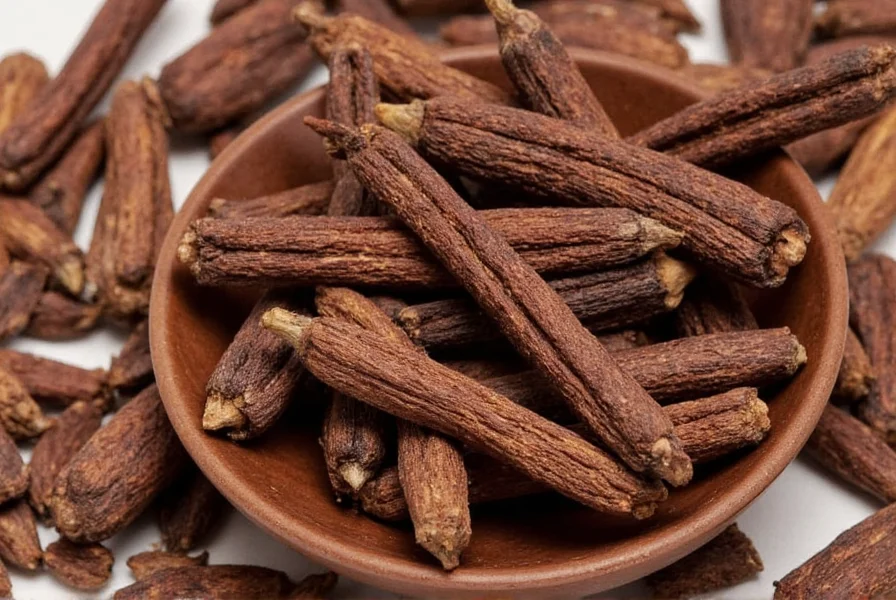
How Cloves Spread From Their Indonesian Homeland
The Dutch monopoly ended when French and British colonial powers smuggled clove saplings out of Indonesia and planted them on other tropical islands including Zanzibar, Madagascar, and Mauritius. This smuggling operation transformed cloves from a Southeast Asian exclusive to a globally cultivated spice. Today, Tanzania has become the world's largest producer of cloves, followed by Indonesia and Madagascar.
- 200 BCE: First documented use of cloves in Chinese court records as "tribute gifts" from Java
- 9th Century: Arab traders introduce cloves to European markets via Venice
- 1605-1800: Dutch East India Company enforces clove monopoly through violent means
- 1769: Pierre Poivre successfully establishes clove plantations in Mauritius
- 19th Century: Clove cultivation expands to Africa and Caribbean islands
Why Cloves Were Worth More Than Gold in Ancient Times
Before refrigeration and modern medicine, cloves served three critical purposes that made them extraordinarily valuable:
- Food preservation: Their antimicrobial properties helped prevent food spoilage
- Dental medicine: Eugenol provides natural pain relief for toothaches (still used in dentistry today)
- Luxury item: Their exotic origin and intense aroma made them status symbols
During the Middle Ages, cloves were so valuable that they were often used as dowry payments, collateral for loans, and even traded for land. In 1518, one pound of cloves could be exchanged for seven sheep or the equivalent of several months' wages for a skilled worker.
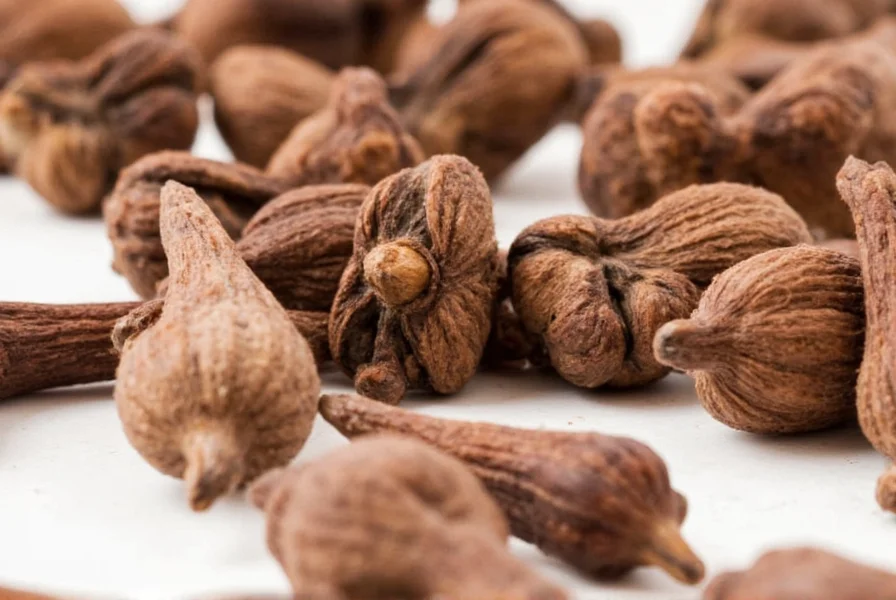
Modern Clove Production: From Ancient Monopoly to Global Commodity
While Indonesia remains one of the top three global producers of cloves today, the geographic monopoly has been completely broken. The shift in production dominance tells a fascinating story of colonial ambition, smuggling, and agricultural adaptation:
| Historical Period | Dominant Producer | Global Market Share | Key Historical Event |
|---|---|---|---|
| 200 BCE-1500 CE | Indonesia | 100% | Natural geographic monopoly |
| 1500-1605 | Portuguese controlled Indonesia | 95% | Portuguese establish trade routes |
| 1605-1769 | Dutch East India Company | 90% | Violent enforcement of monopoly |
| 1769-Present | Tanzania | 70% | Post-colonial production shift |
Frequently Asked Questions About Clove Origins
Where do cloves originally come from?
Cloves originated exclusively in the Maluku Islands (also known as the Spice Islands) in present-day Indonesia. For centuries, these small islands were the only place where cloves grew naturally, making them a highly sought-after commodity in ancient global trade networks.
How did cloves spread from their original location?
In the 18th century, French and British colonial powers smuggled clove saplings out of Indonesia, breaking the Dutch monopoly. They successfully cultivated cloves on other tropical islands including Zanzibar, Madagascar, and Mauritius. This smuggling operation transformed cloves from a Southeast Asian exclusive to a globally cultivated spice.
Why were cloves so valuable in ancient times?
Cloves were worth more than their weight in gold because they had multiple essential uses: preserving food before refrigeration, treating dental pain and infections due to their eugenol content, and serving as luxury items for the wealthy. Their limited geographic origin created artificial scarcity that traders exploited for centuries.
Are cloves still grown in their original Indonesian homeland?
Yes, Indonesia remains one of the top three global producers of cloves today, alongside Tanzania and Madagascar. While the Maluku Islands no longer dominate production as they did historically, Indonesian clove cultivation continues as an important part of the country's agricultural economy and cultural heritage.
What makes cloves different from other spices historically?
Cloves were unique because their cultivation was geographically restricted to just a handful of islands for over 1,500 years. This natural monopoly led to some of history's most intense trade wars, with European powers going to extraordinary lengths—including destroying clove trees on islands they couldn't control—to manipulate supply and maintain high prices.
Modern Applications: From Ancient Remedy to Contemporary Uses
Today, cloves continue to serve many of the same purposes that made them valuable centuries ago, but with scientific validation:
- Dental applications: Clove oil (containing 70-90% eugenol) remains a standard ingredient in dental cements and temporary fillings
- Food preservation: Modern studies confirm cloves' antimicrobial properties against foodborne pathogens
- Traditional medicine: Indonesian traditional healers still use cloves for digestive issues and respiratory conditions
- Commercial products: The global clove market was valued at $1.2 billion in 2024, with Indonesia's kretek cigarettes accounting for 40% of consumption

How to Identify Authentic Cloves From Their Origin
If you're interested in experiencing cloves from their place of origin, here's how to identify authentic Indonesian cloves:
- Origin labeling: Look for "Maluku Islands," "Moluccas," or "North Maluku Province" on packaging
- Physical characteristics: Indonesian cloves typically have longer stems and higher eugenol content (15-20%) than African varieties
- Aroma test: Authentic Indonesian cloves have a complex aroma with floral notes beyond the typical spicy scent
- Float test: Place a clove in water - authentic cloves from their origin sink vertically (stem down) due to oil distribution
The story of cloves represents one of history's most fascinating examples of how a single plant species shaped global trade routes, sparked colonial conflicts, and transformed culinary traditions worldwide. From their exclusive origins in Indonesia's remote islands to their status as a global commodity, cloves have maintained their value and relevance for over two millennia - a testament to their unique properties and enduring appeal.
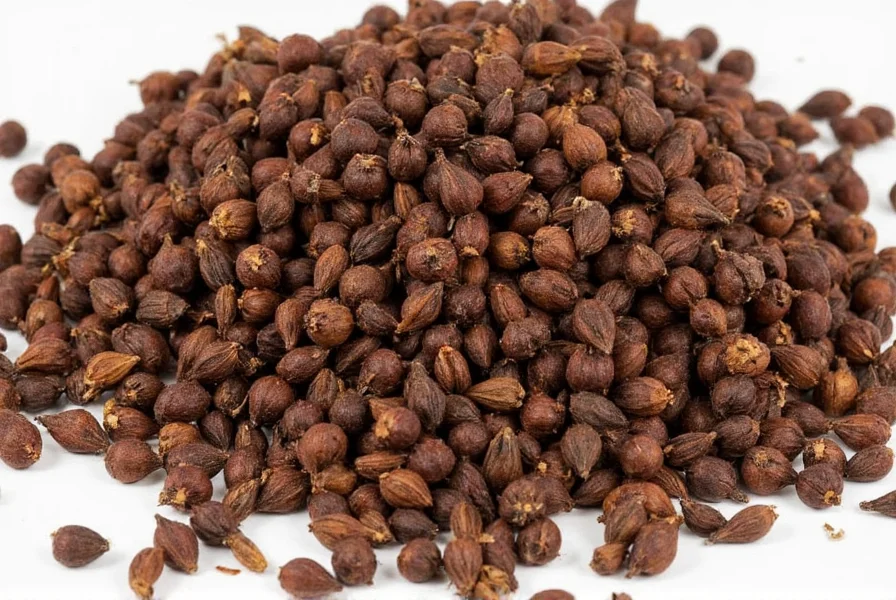
Understanding the true origin of cloves provides valuable context for appreciating this spice beyond its culinary uses. The next time you use cloves in cooking or encounter them in traditional medicine, remember that you're connecting with a 2,000-year history of global trade, cultural exchange, and botanical significance that began on a few small islands in the Indonesian archipelago.

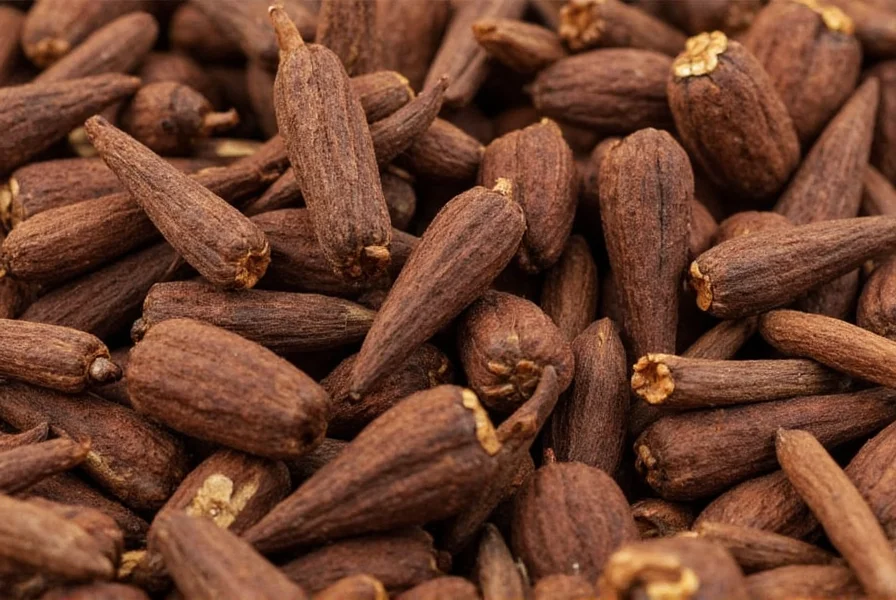









 浙公网安备
33010002000092号
浙公网安备
33010002000092号 浙B2-20120091-4
浙B2-20120091-4